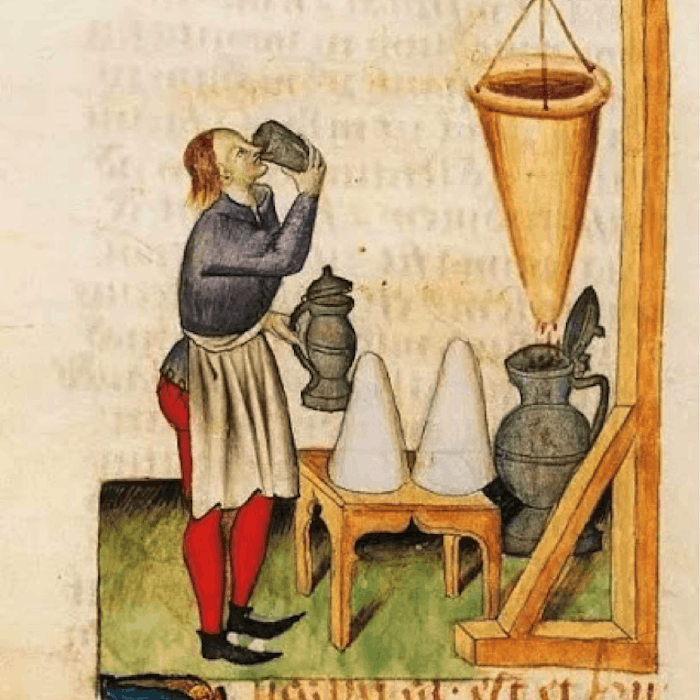
Mulled Wine - a winter warmer thanks to the Romans
Mulled wine is an ancient drink, dating back to the 2nd century, when the Romans, who were conquering countries in Northern Europe, took to warming up their wine to help them through the freezing winter months. It began to be adopted by the local populations including Britain. It is also known as glühwein in Germany and glögg in Sweden.
The word 'mulled' simply means heated and spiced, and various liquids can be mulled, as well as wine, including mead (honeywine) and cider. A British winter tradition grew up to take hot drinks from the wassail bowl, containing a similar recipe based on warm ale. The word 'wassail' originated with the Danes, and in Saxon times the original form of this word was 'waes hail', and meant 'be in good health'.
The warm Christmas drink became very popular during the Middle Ages, when it was safer to drink wine (even bad wine) than it was to drink water, because of disease. More spices, such as figs and coriander, were added to the wine to mask its taste and to preserve it for drinking in more than one session.
These days, it is most convenient to make mulled wine in a slow cooker as the temperature can be easily controlled and the wine kept hot for some time after making. However, if a slow cooker is not available, then just follow the same recipe but heat the wine gently in a saucepan, taking care not to allow it to reach boiling point.
Suitable ingredients to go with a base of simple red wine are lemons; orange; demerera sugar; cloves; nutmeg; pinches of cinnamon and ginger and perhaps some brandy or fortified wine if you want to boost the alcohol content.
Further reading
Links to external websites are not maintained by Bite Sized Britain. They are provided to give users access to additional information. Bite Sized Britain is not responsible for the content of these external websites.
